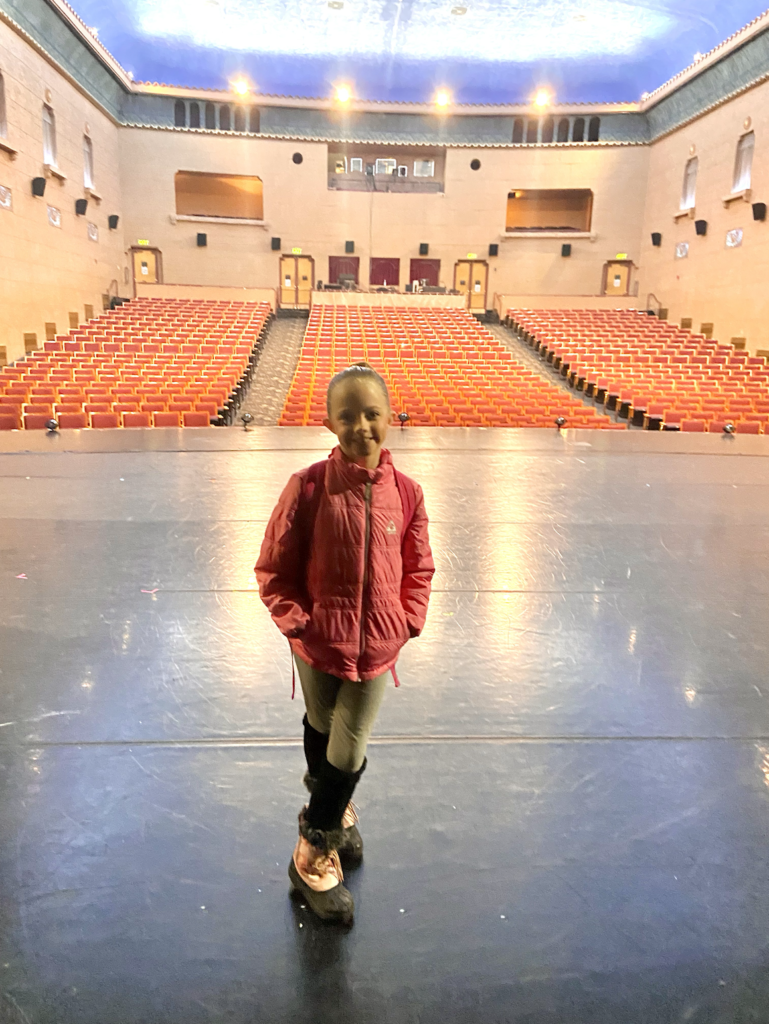the evolving studio policy
Importance of a studio policy/studio contract:
If nothing else, it forces you to sit down and decide how you are going to run your studio – what kind of billing practices you will use, how you will handle missed lessons and other things that come up, what is expected of students, etc. It makes you more professional. It gives students and parents a clear-cut knowledge of what to expect out of lessons in your studio.
Also, particularly if you have a contract to sign that goes along with your policy, it protects you, as well as the student. Ninety percent of the time you will have no problems, but the other ten percent of the time you will be so glad that they signed that contract.
This is something you learn as you get experience, and it is just that – experience – that has shaped my policy over the years. I think my first policy was a one or two paragraph thing that basically told what my rates were, and possibly some kind of make-up lesson policy. But then as I taught lessons, I learned exactly what I wanted and needed to put in my policy (and it is still always evolving!)
It is times like these when you learn what you really should put in your studio policy:
- One week when I was in high school a little girl showed up to her lesson with a note from her mother saying, “This will be so–and-so’s last lesson. Thank you.” She had only taken lessons for about a month. Are you kidding me? Who does that? But alas, I had no policy about a situation like this, so I couldn’t do much about it.
- I taught a little girl for a few weeks and the parents just did not pay me. I ended up having to knock on their door to get the check.
- One boy showed up at his lesson acting quite a bit under the weather. When I questioned him, he told me he had strep throat. I think I was pregnant at the time. Boy was I bugged that this kid showed up, coughing, to his lesson that day.
- A parent strongly questioned the tuition amount (which is the same every month) because her daughter had missed a lesson (which was a no-show).
- A teenage boy hardly ever, and I repeat EVER practiced, despite my noble efforts. (Hence came the line in my policy, “Students who do not practice do not belong in my studio.”)
- A student was consistently at least ten minutes late for his lesson.
Anyway, I could probably go on and on. The point is, as you teach and encounter weird (and sometimes annoying) situations, that is when your studio policy really starts to take form, and you learn exactly how you want to run your studio. Hopefully we can all learn from each other, and hopefully avoid some of these situations by starting out with a great policy that covers all the bases.
I decided to share my (current) studio policy with you (I probably change things in it each semester) – and I am sure you will be able to pinpoint which parts of it were results of previously mentioned situations
The Piano Studio of Jennifer Boster – Studio Policy & Contract


 Previous Post
Previous Post Next Post
Next Post


















Wow, I love this. Firm and clear-cut, but cute and friendly at the same time. I'm totally plagiarizing it!